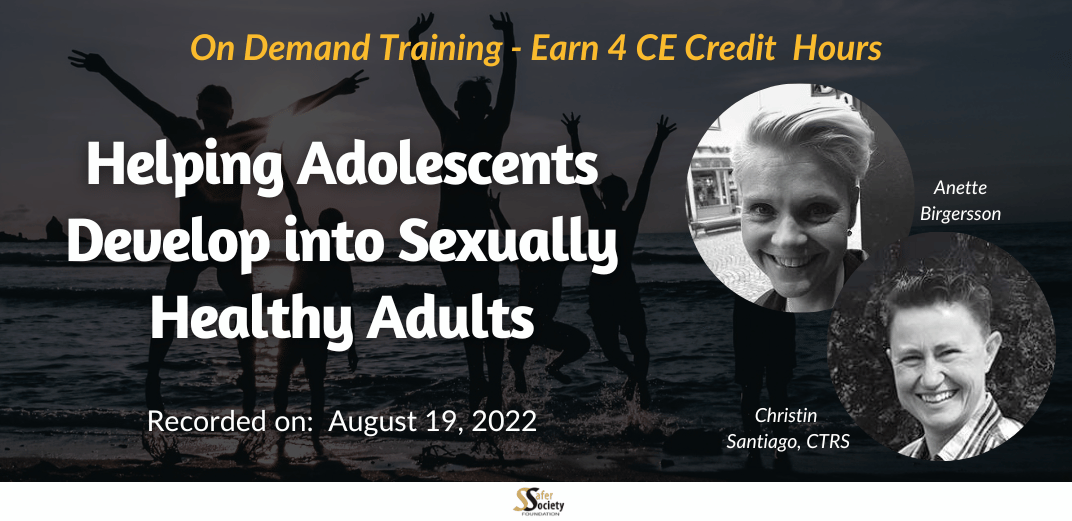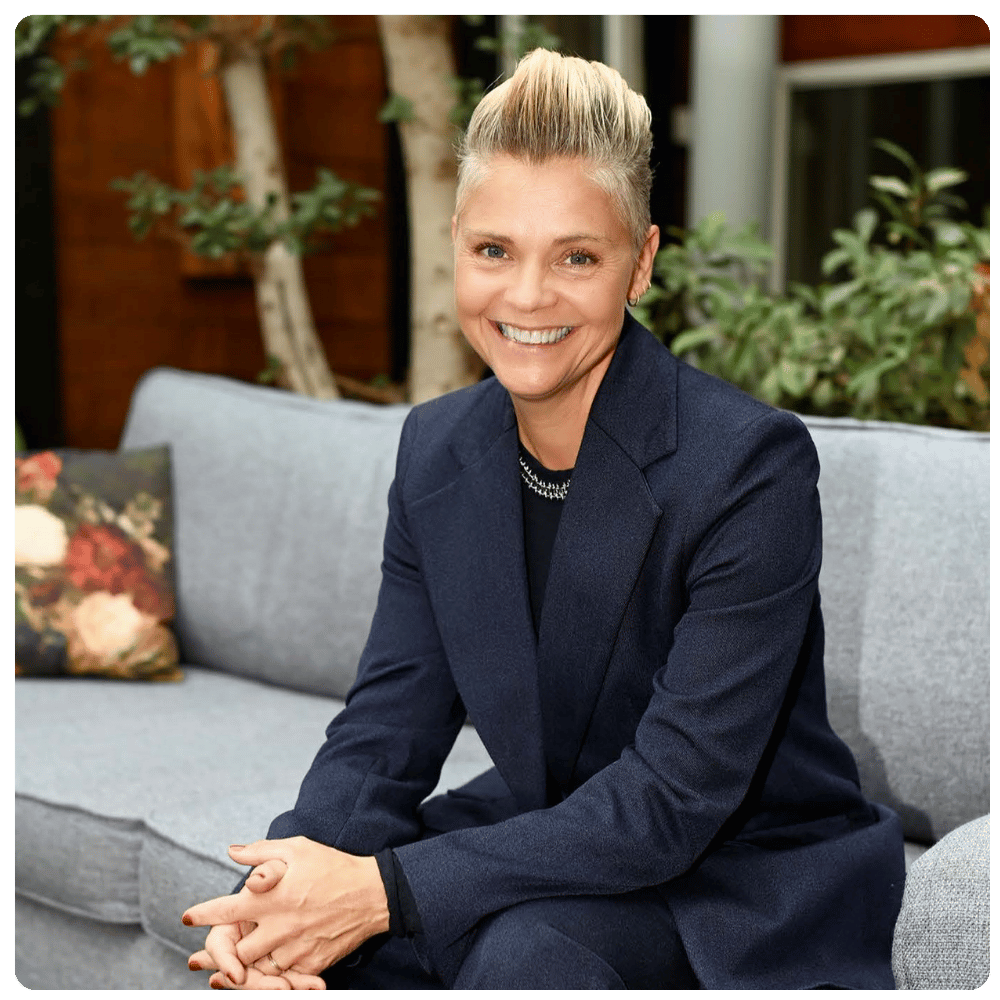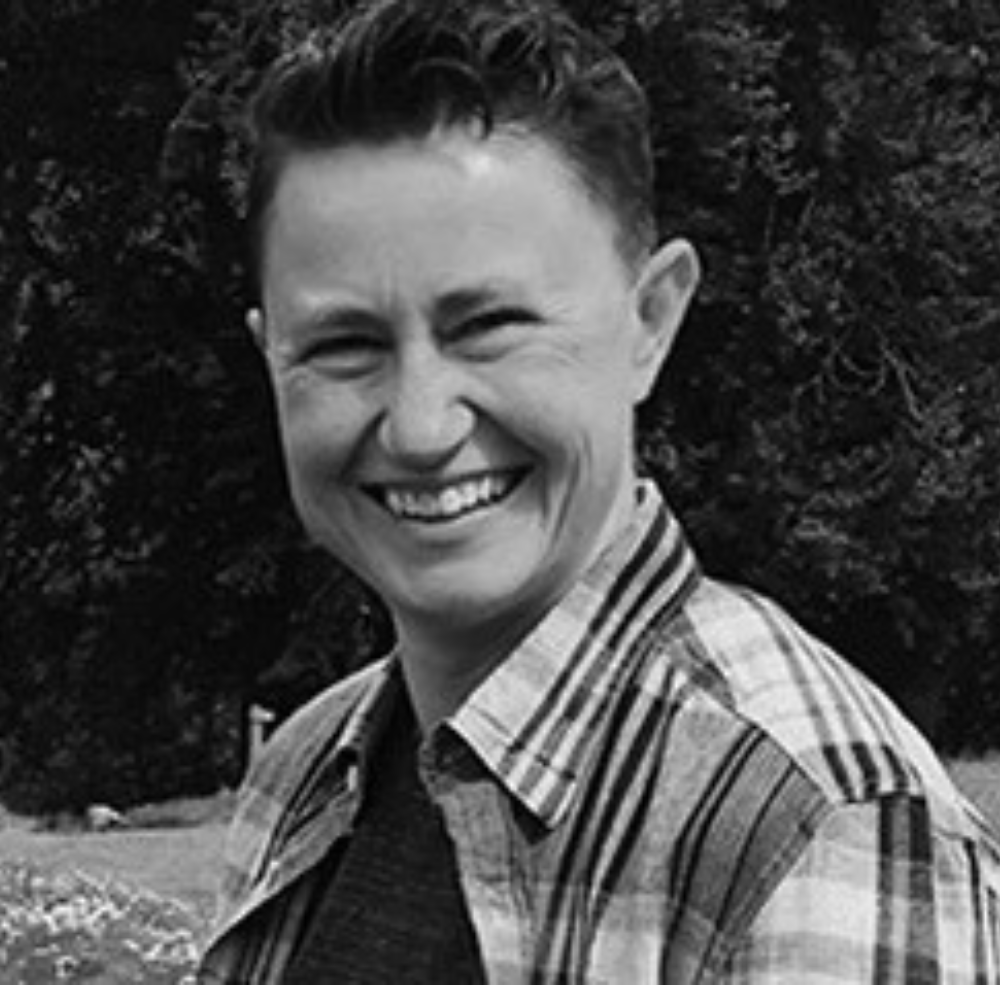
Helping Adolescents Develop into Sexually Healthy Adults
Already purchased an On Demand training?
Click here to access your Safer Society On-Demand Training Center account.
Social isolation, loneliness, and difficulty fitting into social settings and networks are everyday experiences in the lives of adolescents. Many adolescents have given up hope of having truly fulfilling sexual relationships when they are adults.
This training offers professionals who work with adolescents ways to talk with them about sex and sexuality and help them develop and practice the skills necessary for developing into sexually healthy adults. It addresses topics rarely discussed in programs for adolescents: the boundaries of flirting on- and off-line; what informed consent for sex is and how it works; relevant knowledge of how the body works; and appropriate language for communicating about sex. Adolescents’ understanding of what is and isn’t acceptable and legal is vitally important for their future success in sexual relationships.
Participants receive ideas, gain skills, and learn techniques based on Dialectical Behavior Therapy combined with multi-sensory approaches taken from recreational therapy that they will be able to incorporate immediately into their own practice. The training discusses how these skills can be used in both in- and outpatient treatment settings and how the skills can be useful to both therapists and paraprofessional staff members who help to provide treatment.
The presenters believe treatment needs to be practical and fun so that clients will retain the skills they learned after they have completed treatment. Therefore, the presenters teach participants what they have termed “wizard skills” to help them make their treatment interventions fun and useful.
Putting these pieces together, this training offers a strengths-based approach that directly targets the major areas of concern that adolescents in treatment can display—deficits in relationship and emotional regulation skills. Although the training will be lecture-based, it will also include opportunities for group discussion and reflection.
Topics to be discussed:
1) Sexuality’s place in child and adolescent development
2) Teaching and practicing appropriate sexual language
3) Teaching and practicing boundaries
4) Talking about sex: pitfalls and best practices
5) Normalizing sex and sexuality instead of oversexualizing and pathologizing
6) Relationship skills and building healthy relationships
7) How to put the material covered into practice
1) Explain the importance of teaching healthy sexuality in a strengths-based manner.
2) Identify how sex and sexuality influence child and adolescent development.
3) Create a program that breaks down the essential components of healthy sexuality into concrete skills.
4) Create safe and inclusive sexual education and treatment.
5) Use activities and media to maximize the effectiveness of treatment lessons.
6) Help clients develop core skills in building relationships, making choices and connections, expressing themselves, and regulating their emotions.
Audience
This training is for professionals working with people who have who have perpetrated abuse. Professionals who will benefit from this training include social workers, psychologists, clinical counselors, and interested paraprofessionals
Content Level
Disclosure
Continuing Education Approval
American Psychological Association (APA)
Safer Society Foundation, Inc. is approved by the American Psychological Association (APA) to sponsor continuing education for psychologists. Safer Society Foundation, Inc. maintains responsibility for this program and its content.
Who's Presenting

Anette Birgersson
Anette Birgersson, is a licensed psychotherapist with over 20 years of experience working with children and adolescents with trauma, neuropsychiatric diagnoses, and harmful sexual behaviors. Anette is trained in Cognitive Behavioral Therapy, Dialectical Behavior Therapy, Trauma-Focused Cognitive Behavioral Therapy (TF-CBT), Prolonged Exposure, Eye Movement Desensitization and Reprocessing, and Emotional Regulation Group Therapy. She is also a certified TF-CBT trainer. Anette is well-known in her home country of Sweden for developing culturally appropriate programming for treating youth who have sexually abused and young children. After almost two decades of work in this area, Anette opened her own company, Skills Clinic, which has led to her conducting training and supervision all over Europe, Scandinavia, Australia, and the United States. Anette is a NAPN Advisory Board member and sits on several committees for the Association for the Treatment of Sexual Abusers (ATSA: USA).

Christin Santiago, CTRS
Christin Santiago is a Recreational Therapist working with youth who have experienced trauma, neuropsychiatric issues and harmful sexual behaviors. Currently the Executive Director of the Skills Clinic in Sweden and the USA, Christin has developed many innovative therapeutic activities and programs that assist youth to develop internal emotional and trauma-management skills through activity and movement.
Internationally renowned, Christin has trained and supervised across America, Europe, Scandinavia, Australia and the UK. She has played a major coaching role in the Special Olympics, being chosen as the 2016 Coach of the Year for Special Olympics of Massachusetts. In 2018, Christin was selected as Head Athletics Coach to participate in the National USA Special Olympics Games in Seattle, Washington. In 2019, she was inducted into the Special Olympics Hall of Fame.
Christin has been an Advisory Board Member of the National Adolescent Perpetration Network (NAPN) for many years.
